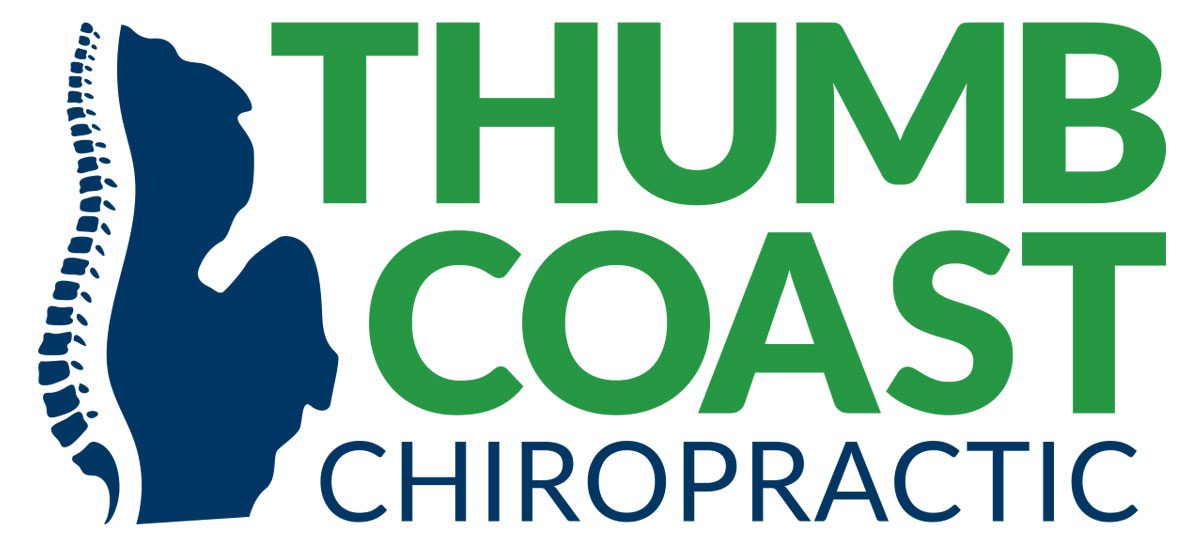Healthy nutrition includes drinking at least 4 to 8 glasses of water every day. Admittedly, this is a wide range, but four 8-ounce glasses of water represent the minimum intake for adult men and women. A useful frame of reference is the presence or absence of thirst. Optimally, you should never feel as if your mouth and throat are dry and that you “need” a drink of water. For example, hikers are frequently reminded by trail guides to drinking water continuously throughout a hike. Experienced trail guides add the friendly warning that “if you feel thirsty, it’s too late” to ward off a headache and other symptoms of dehydration such as dizziness and confusion.
Enough water intake is critically important in maintaining normal physiological processes and eliminating metabolic waste products. All cells are aqueous environments. Drinking appropriate amounts of water everyday aids each one of your body’s cells in performing its numerous functions so that you remain healthy and well. Also, water is a critical component of the intervertebral discs. These shock-absorbing cartilaginous structures assist your spinal column in supporting the weight of your head and torso and distributing mechanical loads so that you can effectively perform physical tasks such as carrying weights.
The intervertebral discs consist of a fibrocartilaginous outer ring (the annulus fibrosus) and a gelatinous center (the nucleus pulposus). Water is a significant component of both structures, especially the nucleus pulposus. Intervertebral discs begin to degenerate by the age of 4 and begin to gradually lose their blood supply, turgor, weight-distributing, and shock-absorbing capabilities. If dehydration has affected the intervertebral discs and has started to result in clinically significant degeneration of a disc or discs, a person may experience back injury, and ultimately chronic back pain. Thus, for many reasons, ensuring optimal daily hydration is critically important for all members of the family, including children, adults, and older adults.
Enough daily water intake should be accompanied by the components of a healthy diet, including regularly eating from a wide variety of food groups, including fruits, vegetables, grains, proteins, and possibly dairy products. For example, all family members should eat at least five servings of fresh fruits and vegetables every day. As well, a completely healthy lifestyle includes regular vigorous exercise. Five sessions per week of at least 30 minutes per session is recommended. Regular exercise provides mechanical challenges to bones, joints, intervertebral discs, and other musculoskeletal soft tissues, enabling these structures to obtain and maintain optimal strength, flexibility, and resilience.
Regular chiropractic care helps coordinate all your healthy lifestyle activities. By detecting and correcting spinal misalignments as well as removing sources of nerve interference, chiropractic care helps all members of the family get the most out of their nutritional and exercise programs as well as achieve long-term health and well-being.
